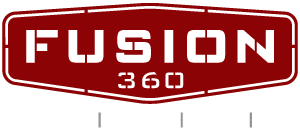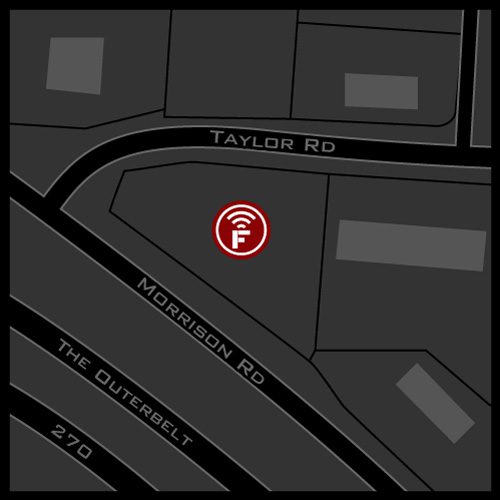
Keywords are the driving force behind effective SEO. In order to increase your rankings online — and in turn increase your business’s success — you must first select relevant keywords. These keywords, when properly selected, have the potential to propel the rest of your SEO strategy to the top.
With the help of a widely experienced professional SEO firm and time spent performing extensive research, your company has the potential to take its SEO strategy to the next level.
Start With What You Know
When you begin the process of selecting keywords, it is important to gather a team and start brainstorming. Scooby Doo and Shaggy didn’t solve a single mystery without the rest of their team — and neither will you.
By allowing members from multiple facets of your company to join in on your SEO brainstorming session, you set your company up for success. The first part of brainstorming requires you to start where you are and with what you know. Make a list of words that are relevantly associated with your company. If you sell shoes in Utah, maybe the keywords “shoes” and “Utah” will show up on your initial list.
From your initial list, fine-tune the possible keyword options. Once you and your team have assembled a list of relevant topics and possible keywords, the true research begins.
Research Brings the Best Results
The easiest way to start your research process is to head to Google. Google some of your possible topics and see what comes up. If you Google the phrase “Utah Shoes” and companies with a vastly different image than your own appear, consider tweaking your keywords.
Perhaps through your research you discover that the phrase “Utah Sandals” pulls up sites similar to your own. Through trial and error, you have discovered a possible keyword.
Your research continues as you experiment with variations on possible keywords. As part of research, select a few competitors and study the keywords used by those companies. This exercise will give you a good idea of what works for keywords and what does not.
Though this phase can be long and difficult, the research pays off when you select keywords that greatly increase SEO — and ipso facto, business.
Polish Up
After you finish research, whittle down your potential keyword list. It is important that you focus on increasing SEO through only a few keywords. Focusing on too many keywords at once decreases the quality and the effectiveness of your SEO strategy.
Consult a SEO firm for a little extra help in selecting the final keywords. Once the keywords have been selected, get to work on creating great content.










